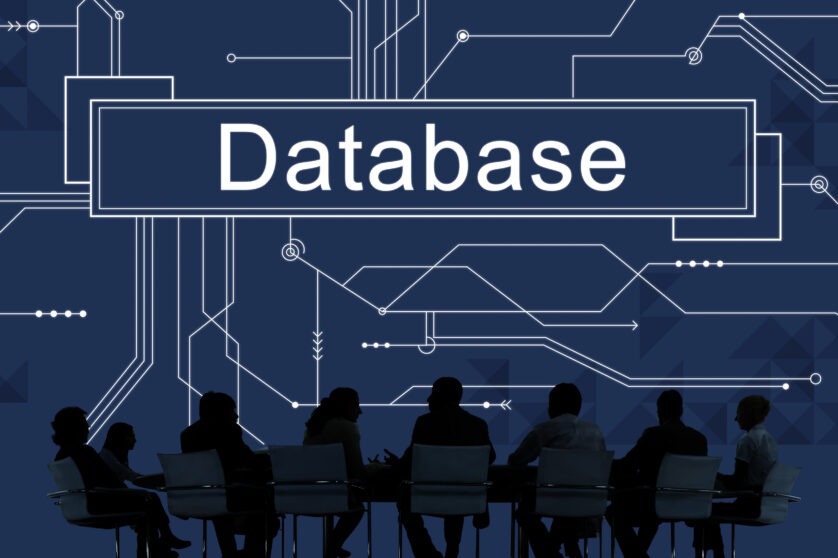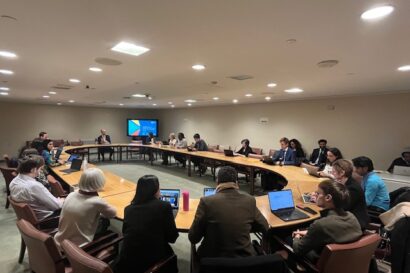It is fair to say that taxation cannot exist without information. To calculate taxes and enforce compliance, tax administrations need information on economic activities and data on transactions. Third parties, such as employers, financial institutions, and other government agencies, detain valuable information to such avail. Access to this third-party data can advantage tax administration through:
- the extensive margin where third-party information can be used to enrol new taxpayers, thus expanding the tax net,
- the intensive margin, whereby already registered taxpayers can be monitored more accurately so to increase their compliance.
Many countries, under the Indian and Brazilian lead of the G20, are investing in strong data exchange systems to allow automatic and seamless data sharing across governments and the private sector. In this blog we will first highlight the lessons learned on the role of third-party data in strengthening tax administration, as extracted from existing literature, to then understand what potential lays ahead for African tax administrations.
Casting a wider net through information
African tax administrations are increasingly digitalising their functions and processes through the adoption of digitised data. Countries like Nigeria, Ethiopia, Uganda, Ghana, Kenya and Guinea, aim to maximise the potential of public records, such as digital ID systems, especially when it comes to identifying taxpayers. However, research evidence on its efficiency is still scant, with insights available only from South Africa and Uganda. Indeed, South Africa’s Revenue Service’s synchronisation of taxpayer and commercial registries succeeded in increasing registrations, impacting the extensive margin, yet led to little tax collection, as it inflated the registry with small, inactive or non-compliant firms. Ongoing research from the International Centre for Tax and Development’s (ICTD) DIGITAX Programme shows that Uganda’s integration of ID data within the tax registration system is a promising strategy, as it helped boost registrations of previously informal entities and improved the accuracy of taxpayer contact information. Similar evidence on the potential of ID data to cast a wider net is currently being researched in Ghana. However, based on this work, we found that in both countries much more could be done in using ID data in core functions, such as auditing and profiling, rather than merely as a tool to boost registration numbers.
Monitoring for compliance
Studies in Denmark and the United States have highlighted the effectiveness of third-party data in minimising tax evasion. A study on Denmark finds that tax evasion on income reported by third parties – employees whose taxes are withheld by their employers – is near zero, whereas the tax evasion rate for self-reported income is as high as 42%. Research from USA finds that Form 1099-k, which requires payment processors or settlement agencies to report electronic payments received by businesses to the IRS, led taxpayers to respond in offsetting ways. Businesses reported more receipts after the introduction of Form 1099-K, however, they also reported an increase in expenses of similar magnitude. The policy implied only a modest increase in tax compliance.
Research evidence on third-party data exists for India and China as well. In India, research finds that since Delhi firms were required to report on all purchases and sales with other firms in 2012, allowing the tax authority to check any mismatches easily, the tax remitted by wholesalers increased by 29%. Another successful example is China, through its Golden Tax Project III that integrated tax and third-party data. This enabled the automatic synchronisation and verification of tax-related data with information from entities like banks, customs, social insurance, and other industries, significantly reducing income tax evasion.
As a valuable case study from Africa, in Madagascar, an independent company assessing imported goods significantly curbed frauds in customs. However, third-party evaluation has smaller impact on revenue when opportunities for graft are large, hence being compromised by corruption.
What is the next step for third-party data in African tax systems?
Third party data from PAYE and VAT is currently being used by several African tax administrations, albeit issues with data quality and siloed mentality persist. Stronger opportunities exist when it comes to inter-institutional data sharing (i.e. sharing data across government agencies) such as national identification authorities, business registration bureaus and subnational governments. A similar potential applies to data from private sector, such as financial institutions, telecommunication companies and real estate agencies. This being said, several factors need to be considered to unlock the full potential of such data:
- Data access and regulatory background. Major barriers – both legal and institutional/political – to third-party data sharing have hindered its full leverage. Access to data from private sector in particular is severely limited by very strict regulations and resistance from the industry. Enabling access through appropriate regulations is therefore essential.
- Technical limitations. Tax administrations and other institutions often lack the required digital infrastructure to ensure that the data is shared seamlessly. In addition, the shared data could be outdated, inaccurate, or inconsistent. Stronger systems ensuring automatic sharing of up-to-date, accurate data are needed.
- Administrative Capacity. Third-party data is meaningless if not strategically used. On the one hand, adequate skills and resources are needed to make the most out of the data. On the other hand, proper enforcement capacity should be improved to capitalise on the benefits of accessing more data.
- Behavioural Responses. Taxpayers could respond to the higher availability of data perversely, as with any other technological intervention. Identifying, predicting and shaping taxpayer behaviour remains key.
- Privacy concerns. Risks of misuse of sensitive data in less democratic contexts are high. Any data sharing potential can be overshadowed by both social discontent and legal challenges.
Data exchange systems are a building block of the digital public infrastructure revolution. Their ability to strengthen African governments is considerable, albeit still only partially exploited. By first identifying and targeting the barriers detailed above, African tax administrations could devise holistic strategies that can allow better data sharing, better usage of such data and ultimately, improved outcomes.




